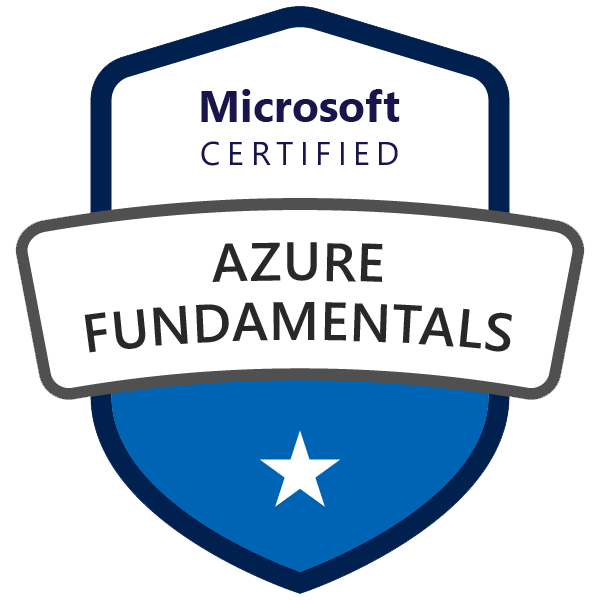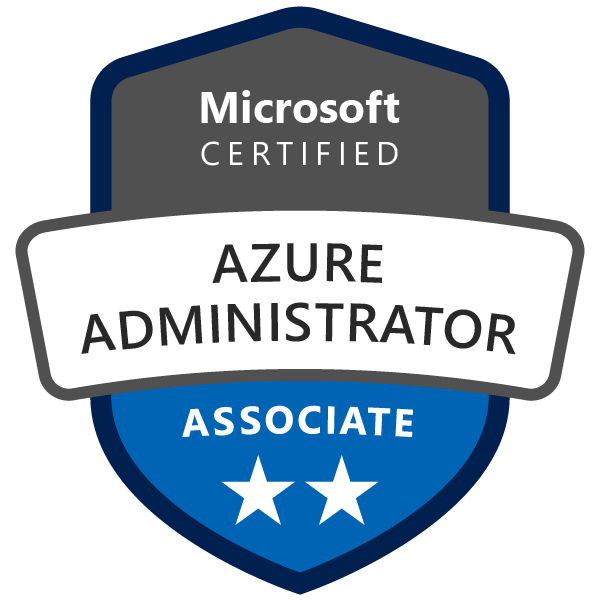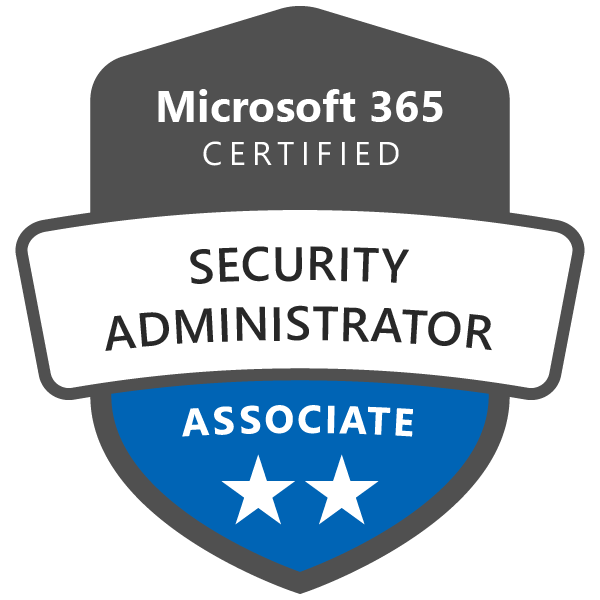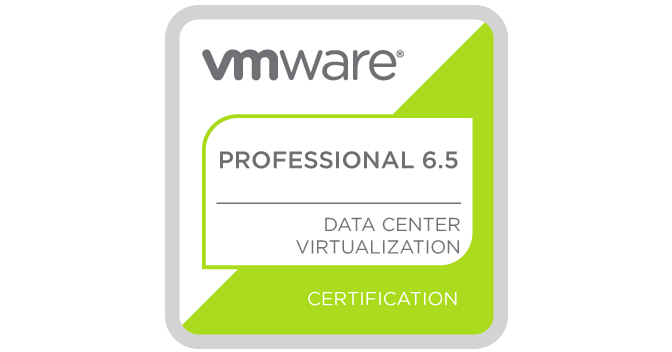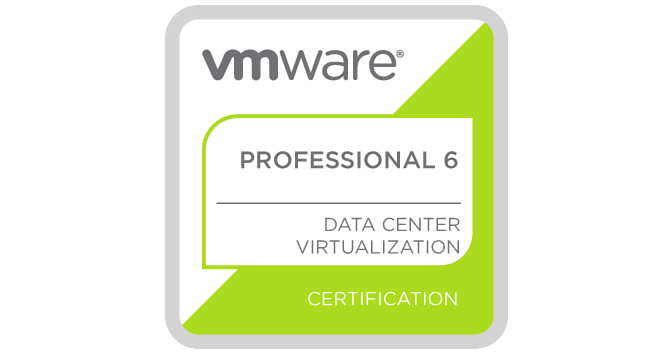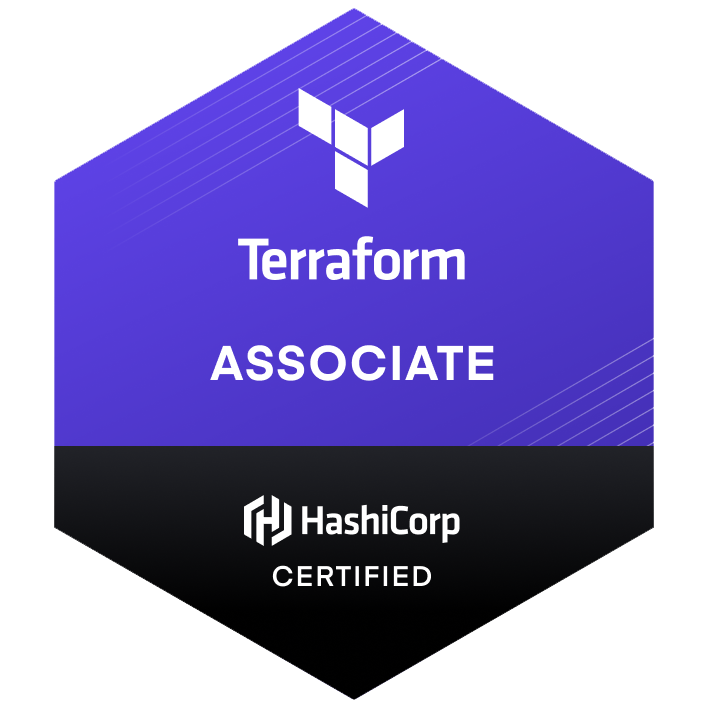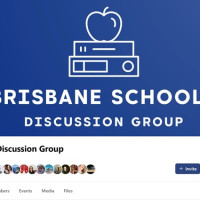Private vs Public Schools: The Real Debate Isn’t Just About Money
Introduction: One Post, Hundreds of Reactions
In the Brisbane Schools Discussion Group, a single anonymous post lit a firestorm that quickly turned into one of the most emotionally charged debates the community had seen in months. It began with a controversial statement:
"I honestly can’t understand people who claim there’s no difference between private and public schools... Public schools have far more ignorant and rude parents and students. Why? Because they’re free!"
Posted anonymously, the statement touched on sensitive themes: class, parenting, education, identity, and self-worth. But more than that, it exposed a deeper divide between perception and lived experience.
What followed was an avalanche of replies from parents with children in both sectors, former students, and everyday observers. The sheer diversity of responses makes this discussion a perfect case study in understanding why school choices evoke such passionate reactions.
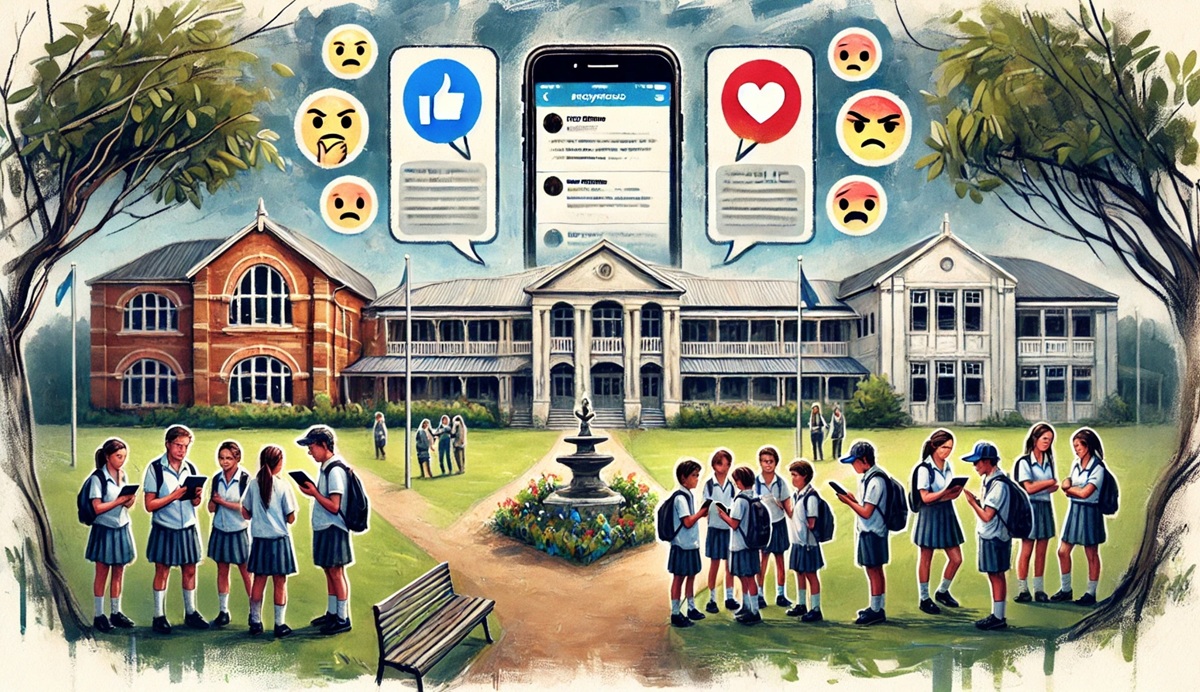
The Pro-Private Perspective: Prestige, Support, and Structure
Several commenters expressed support for the idea that private schools offer more. The reasons? Funding, facilities, smaller class sizes, and broader extracurricular opportunities. Some argued that it's simply logical: if you're paying $30,000 a year, you expect more structure, resources, and tailored student support.
"Private schools can offer more / better / higher quality opportunities because there are additional funds being paid. It’s very logical."
This group often emphasized parental choice and investment. In their view, choosing private is about providing the best head start possible. Some even pointed out that many public school parents live in affluent areas and still choose public schools for philosophical or logistical reasons, not because they can’t afford private options.
The Public School Advocates: Equity, Diversity, and Reality Checks
On the flip side, the overwhelming majority of responses came from parents defending public schools. Their arguments ranged from personal success stories to strong critiques of the original post’s tone.
"Ah yes, the classic ‘I paid a fortune so it must be better’ argument… Because nothing screams educational excellence like confusing privilege with superiority."
Many of these voices pushed back against the classist framing, arguing that public schools are not only sufficient, but in many cases better suited for fostering diversity, resilience, and real-world preparedness. Several shared stories of pulling their children out of private schools due to lack of support, especially for children with additional needs.
"My kids was kicked out of a private school after four weeks. They had very little support for my kid despite discussing disability."
Others warned of the toxic culture that can brew in elite private environments: elitism, image obsession, and bullying under a glossy surface.
The Middle Ground: Fit Over Labels
Perhaps the most constructive responses came from those who refused to pick a side. These parents viewed the debate not as private vs public, but as a question of fit.
"We have one child in private and one in public. It comes down to what suits your child's needs."
They argued that both systems have exceptional and failing examples, and the success of a student often depends more on family engagement, the child's personality, and the specific school rather than its classification.
Some parents highlighted other overlooked distinctions: co-ed vs single-sex, support for neurodivergent students, or school ethos and community engagement. For them, the binary of private vs public oversimplifies a very complex decision.
The Role of Anonymity and the Rise of Ragebait
The tone and structure of the original post led many to suspect ulterior motives:
-
Was it an AI-generated post?
-
A troll seeking chaos?
-
Or perhaps even a Courier Mail journalist fishing for outrage to quote?
"Courier Mail reporter looking for content!"
Regardless of its origin, the post used classic engagement triggers: strong generalizations, emotional provocations, and a high-confidence tone. These are the ingredients for viral engagement in any digital forum.
What stood out most, however, was how quickly the community rallied against the divisiveness. Far from being passive, hundreds of members stood up for kindness, nuance, and the real complexities behind school choice.
What This Debate Actually Reveals
-
Education is Personal and Emotional: For most families, the decision of where to send a child isn’t just financial. It’s emotional, aspirational, and deeply tied to identity.
-
Class Tensions Are Alive and Well: The debate exposed how easily education can become a proxy for classism, with loaded assumptions on both sides.
-
The System Is More Nuanced Than We Admit: There is no universal truth. Great schools and failing schools exist in both sectors. What works for one child may not work for another.
-
We Need Better Conversations: An anonymous post managed to spark dozens of thoughtful, moving, and brutally honest stories. But it also sparked snark, sarcasm, and division. Perhaps it's time we stop debating who’s "better" and start sharing what actually works.
Conclusion: The Real Measure of a School
In the end, a school’s value isn’t in its fees, uniforms, or glossy brochures. It’s in how it nurtures a child’s potential, supports their challenges, and respects their individuality.
Whether that happens under a government banner or in a sandstone courtyard should matter less than whether the child feels seen, supported, and inspired.
As one parent so aptly put it:
"Children thrive in happy homes and being a part of an engaged family. Success is more than programming... it starts with love, attention, and honest conversations."
Maybe that’s the only real difference that matters.





